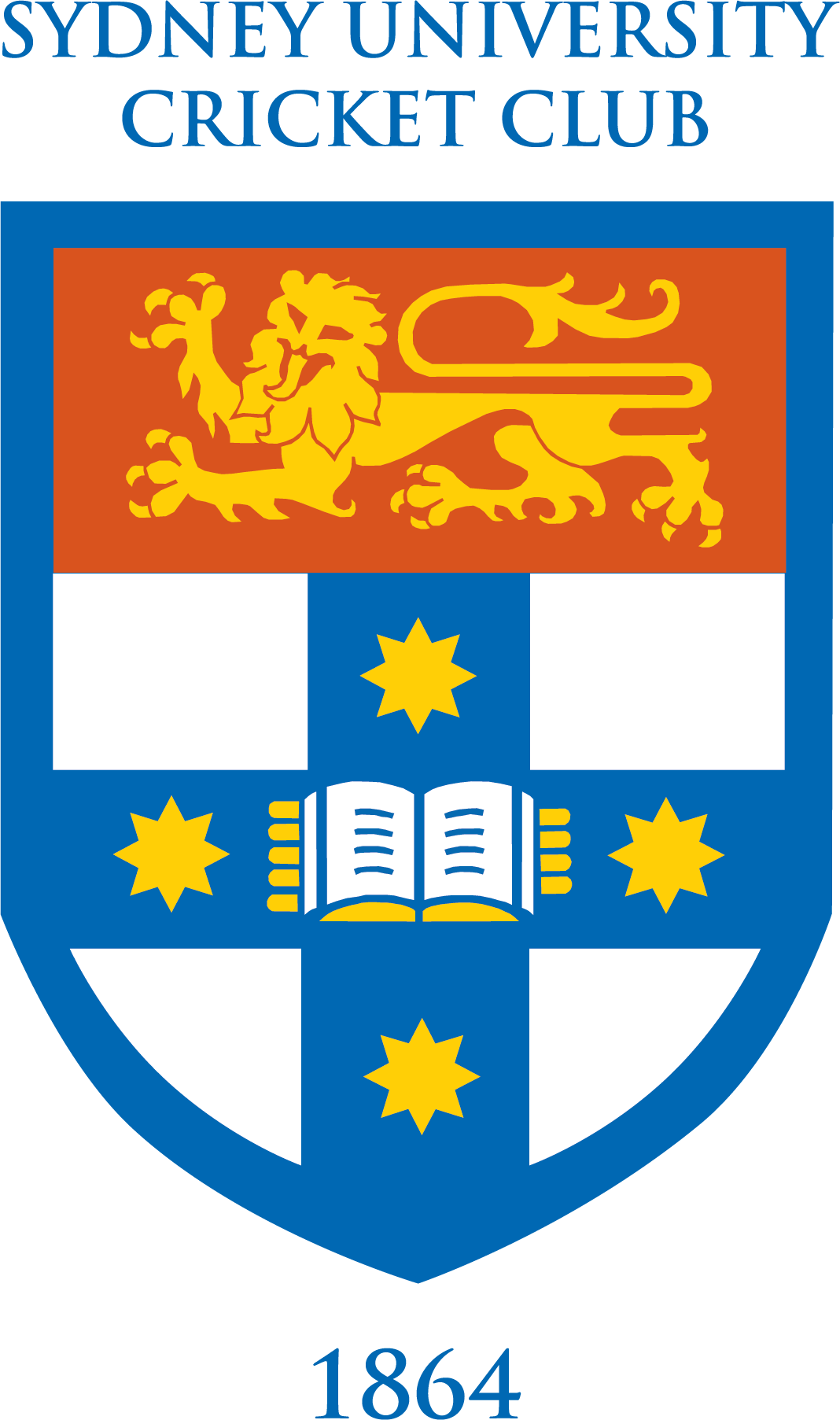HN MACLAURIN
MacLaurin's Hill at Gallipoli is named after Lieutenant Colonel Henry Normand MacLaurin who was killed there on 27 April 1915, 110 years ago.
MacLaurin Hall at Sydney University is named after Sir Henry Normand MacLaurin, Chancellor of Sydney University 1896 to 1914, the father of the cricketer, barrister and soldier.
HN MacLaurin, born 31 October 1878, was a successful barrister operating from Wentworth Chambers, Elizabeth Street, specialising in accountancy. He was also active in the militia forces, rising to command the 26th Infantary Regiment in 1913. When he enlisted in the AIF on 15 August 1914, almost as soon as war was declared, and just over a week after his father had died aged 79 while still Chancellor, he was soon appointed to the rank of Lieutenant Colonel, commanding a force of 4000 men.
HN MacLaurin had played only two seasons for the Sydney University Cricket Club (SUCC) after graduating from Sydney Grammar School. He had been previously educated at Blair Lodge School, Polmont, in Scotland a private boarding academy.
In 1896-97, after scoring only 44 runs at 7.3 in Second Grade, he was inexplicably promoted (1st Grade cap no53) where he played another two games without distinction (15 runs at 7.5). The First Grade team won only three of its ten games in 1896-97. In August 1897, the NSW Cricket Association announced that the Club could from then on, include undergraduates only. In the last week of August, a motion to veto that decision was narrowly defeated and the Club immediately withdrew from the Grade competition. During 1897-98, the Club, in self-imposed exile, played an assortment of teams. In 1898-99, however, the Club returned to the Grade competition on humbling terms. The Club was now restricted to undergraduates only and the 1st XI was permitted to play only in the Second Grade competition. Success followed upon success and the 1st XI won the Second Grade Premiership, winning ten matches, often by large margins, losing two and drawing two.
In these circumstances, HN MacLaurin, an undergrate in the Faculty of Arts, found himself back in the 1st XI for three more games during the University vacation. In January 1899, the Club's 1st XI defeated Randwick at the University Oval by an innings and 92 runs, despite the fact that University had only ten men. On the first afternoon, the undergraduate side rattled up 9 declared for 400. When HN MacLaurin, batting at number six, joined EC Delohery, a medical student, runs came rapidly during a partnership of well over 100. Delohery hit 30 fours in his 182. MacLaurin kept the boys on the scoreboard actively employed.
The next game, against Central Cumberland, also at the University Oval, resulted in victory by an innings and 101 runs. This time, having dismissed Cumberland for 33, University were already ahead by 175 runs at stumps. MacLaurin was ninth out for ten but on the next Saturday, Archie Blue and WD Cargill carried their last wicket partnership to 154, still the Club's highest tenth wicket partnership.
MacLaurin had played his last game for University's 1st XI in a Premiership side. 3 innings for 68 for the season.
After graduation BA in 1899 and admission to the NSW Bar, he appears to have played no more cometitive cricket as he concentrated on his legal career and on his service in the militia. When war was declared, he was still young for the responsibility entrusted to him but he wisely chose more experienced men to command battalions under him.
He stood up for his men, although he had a reputation as a stern disciplinarian, and was much respected by his men for his energy and enthusiasm especially when they trained under him in Egypt, preparatory to the landing at Gallipoli.
When orders for the landing came through, he was said to have "happily cancelled his leave and bounded smiling up the stairs to the Generals' office to plan the attack" (Cunneen).
During the afternoon of 27 April at about 3.15pm, Lieutenant Colonel MacLaurin "was standing on the slopes of the ridge that now bears his name...in the act of warning soldiers to keep under cover, when he too was shot dead...MacLaurin was buried by his men where he fell." In 1919, he was reinterred at the 4th Battalion Parade Ground Cemetery. He was posthumously promoted to Brigadier General.
He was the first of the SUCC's former players to be killed in the Great War, one of three who had played with him in that 1898-99 Premiership team. He was the fifth of the 337 from Sydney Grammar School to be killed.
There was widespread grief among the legal profession. A ceremonial service to honour him was held at the Banco Court on 5 May 1915.
CEW Bean, the Great War's pre-eminent historian and the grandfather of Ted Le Couteur, who played First Grade with SUCC in the 1960s, wrote:
"...a man of lofty ideals, direct, determined, with a certain inherited Scottish dourness...but an educated man of action of the finest type that the Australian universities produce."
James Rodgers

